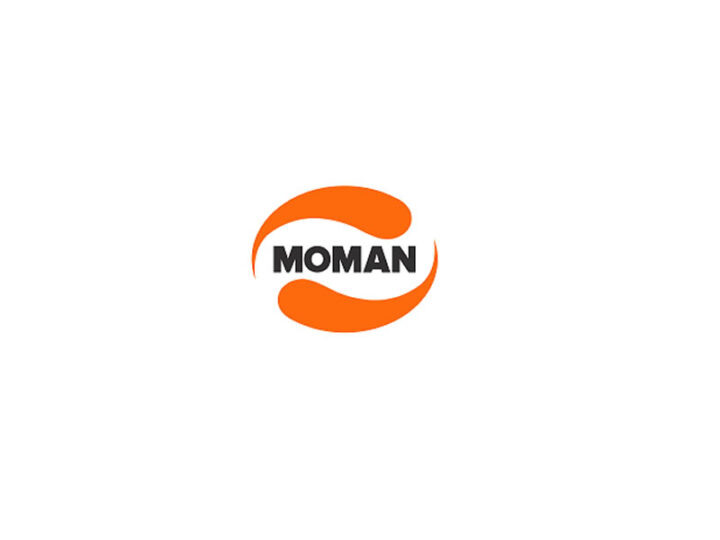The Chairman of the Major Oil Marketers Association of Nigeria (MOMAN), Olumide Adeosun, has urged the Federal Government to initiate strategic partnerships with Original Equipment Manufacturers (OEMs) as a deliberate move to reduce the country’s heavy reliance on imported industrial and energy-related equipment. He made this call during an energy policy roundtable held in Lagos, highlighting the role such collaborations could play in enhancing local capacity, creating jobs, and stabilising the foreign exchange market.
Adeosun explained that consistent importation of equipment for the downstream and upstream sectors of the oil and gas industry has placed a significant strain on Nigeria’s already stressed foreign reserves. He stressed that if OEMs were incentivised to set up manufacturing and assembly lines locally, it would not only reduce cost but also promote knowledge transfer and technical expertise among Nigerian engineers and technicians.

“The oil and gas industry is facing serious cost pressures due to foreign exchange volatility and inflation,” Adeosun noted. “By collaborating with OEMs to build infrastructure locally, we would be encouraging backward integration and making Nigeria more self-reliant in critical sectors.”
The MOMAN boss cited global examples where developing countries have attracted multinational manufacturers through tax holidays, production-based incentives, and enabling infrastructure. He recommended that Nigeria adopt similar models to become a hub for energy equipment production in Africa. According to him, the Federal Government should also include such collaborations in its National Industrial Policy and Energy Transition Plan.
In his remarks, Adeosun called attention to the worsening imbalance in Nigeria’s trade position caused by the continuous import of equipment for pipelines, refineries, filling stations, and oil platforms. He stressed that if this trend continues unchecked, the nation may never develop the robust energy infrastructure needed to support its ambitious economic goals, including increased refining capacity and stable electricity supply.
He also highlighted the growing need for Nigeria to align its local content agenda with the global push toward energy transition and decarbonisation. As countries shift towards cleaner fuels and renewables, Adeosun emphasized that it is important for Nigeria to domestically manufacture equipment suited to these emerging technologies, such as solar panels, inverters, and battery storage systems.
Industry stakeholders at the forum echoed Adeosun’s concerns, noting that the lack of collaboration between the government and OEMs is a missed opportunity for technological growth. They argued that beyond economic benefits, local OEM partnerships could significantly reduce downtime caused by delays in importing parts and servicing equipment.
Adeosun further suggested that Nigeria could adopt a model similar to that used in the telecoms sector, where foreign manufacturers of telecom equipment were required to establish local servicing centres and gradually expand into production facilities. According to him, this policy contributed significantly to the development of local engineers in the telecommunications industry and can be replicated in the oil and gas and broader energy sectors.
The MOMAN chairman also called on the Nigerian Content Development and Monitoring Board (NCDMB) to expand its oversight to include machinery and infrastructure used in the sector. He proposed a robust policy framework that would track the localisation of production processes and measure the actual benefits accruing from OEM collaborations.
In line with this, he urged the Ministry of Industry, Trade and Investment to work closely with industry stakeholders to identify key equipment categories that can be produced locally in the short to medium term. Adeosun believes that such a coordinated approach will send the right signals to foreign investors and encourage them to partner with Nigerian companies.
He added that the success of Nigeria’s refineries — including the Dangote Refinery and ongoing rehabilitation of state-owned facilities — depends largely on the availability of affordable and locally sourced equipment and spare parts. According to him, the cost of importing specialised tools and machinery has become prohibitive for many players in the downstream sector, making the case for local alternatives even more urgent.
In closing, Adeosun said the move towards localisation and OEM collaboration is not just an economic strategy but a matter of national security and industrial resilience. He urged the federal government to act swiftly in convening a high-level dialogue between OEMs, industry regulators, and local manufacturers to kickstart this vital agenda.
He concluded by stating that MOMAN is ready to support government efforts in facilitating these partnerships and would be willing to engage in pilot projects that could demonstrate the feasibility of local manufacturing in the sector. Such initiatives, he said, would ensure a sustainable and competitive energy industry capable of driving Nigeria’s broader development goals.
Support InfoStride News' Credible Journalism: Only credible journalism can guarantee a fair, accountable and transparent society, including democracy and government. It involves a lot of efforts and money. We need your support. Click here to Donate
